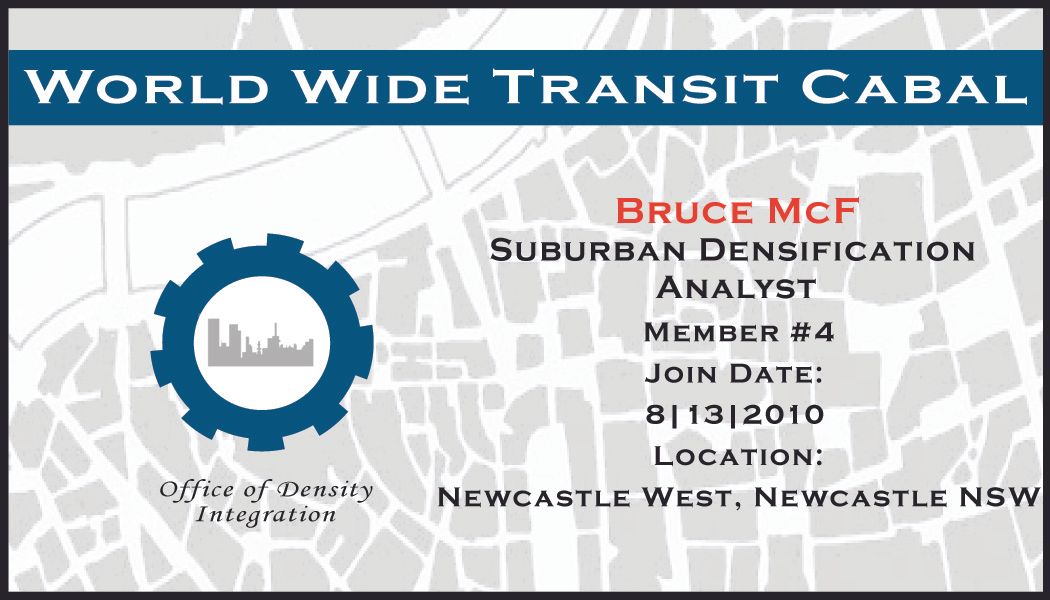“Punting the Pundits” is an Open Thread. It is a selection of editorials and opinions from around the news medium and the internet blogs. The intent is to provide a forum for your reactions and opinions, not just to the opinions presented, but to what ever you find important.
Thanks to ek hornbeck, click on the link and you can access all the past “Punting the Pundits”.
Follow us on Twitter @StarsHollowGzt
Paul Krugman: War On the Unemployed
Is life too easy for the unemployed? You may not think so, and I certainly don’t think so. But that, remarkably, is what many and perhaps most Republicans believe. And they’re acting on that belief: there’s a nationwide movement under way to punish the unemployed, based on the proposition that we can cure unemployment by making the jobless even more miserable. [..]
So what’s going on here? Is it just cruelty? Well, the G.O.P., which believes that 47 percent of Americans are “takers” mooching off the job creators, which in many states is denying health care to the poor simply to spite President Obama, isn’t exactly overflowing with compassion. But the war on the unemployed isn’t motivated solely by cruelty; rather, it’s a case of meanspiritedness converging with bad economic analysis.
Dean Baker: The Social Security and Medicare Cutters are Very Unhappy
Who can blame them? The vast majority of people across the political spectrum oppose their plans to cut these programs. Furthermore, improved budget projections (partly because of cuts that are very bad news) have drastically reduced both current deficit projections and projections for longer term deficits. Finally, one of their main props for the urgency of deficit reduction turned out to be nothing more than a Harvard Excel spreadsheet error.
No, things have not gone well for those wishing to ax Social Security and Medicare, but they are not about to give up. And with the money and access to the media they enjoy, why should they?
Hence we have Jon Cowan and Jim Kessler from Third Way giving the Washington Post’s house view in a column headlined, “the left needs to get real on Medicare, Social Security and the deficit.” The proximate cause for Cowan and Kessler’s ire is a column by Neera Tanden and Michael Linden from the Center for American Progress which argued that we should focus on fixing the economy’s current problems by improving infrastructure and creating jobs.
President Obama’s new regulatory agenda on climate change will face inevitable legal and political challenges. But in all fields – not just energy and the environment but health, safety and labor – one of the most formidable obstacles to reform has been the administration’s own resistance to finalizing new rules, even when it has expressed support for the causes those rules would address. [..]
The backlog has more to do with politics than economics. In 2012, a presidential election year in which Republicans hammered the administration for its allegedly “job killing” regulations, the number of rules receiving final approval hit a historic low (in data going back to 1993), while the time OIRA took to vet proposals hit new highs.
Even though Mr. Obama won, delays persist. It is as if the White House were still driven by election-year motives: defuse Republican taunts and placate industry. Or worse, its commitment to new rules is suspect.
Glen Ford: The Obamas Do Africa
he President and his family are spending a week in sub-Saharan Africa, with Senegal, Tanzania and South Africa on the itinerary. The focus of the trip, if you believe the White House, is trade, an arena in which the United States has been eclipsed by China since 2009. China, by some measurements, now does nearly twice as much business with Africa as the U.S., and the gap is growing. It is now commonly accepted that the Chinese offer far better terms of trade and investment than the Americans, that they create more jobs for Africans, and their investments leave behind infrastructure that can enrich their African trading partners in the long haul.
No one expects Obama to offer anything on this trip that will reverse America’s declining share of the African market. That’s because the U.S. is not in the business of fair and mutually beneficial trade – it’s about the business of imperialism, which is another matter, entirely. The Americans ensure their access to African natural resources through the barrel of a gun.
Robert Kuttner: Why Voter Suppression Will Backfire
Ever since the election of George W. Bush, the Republican strategy has been to keep a growing Democratic majority at bay by repressing the votes of people and groups likely to vote Democratic. [..]
With Hispanics and Asians as the fastest growing demographic groups, black turnout surpassing white turnout in some jurisdictions, and equal LGBT rights now the overwhelming majority position, the Republican Party just keeps alienating voters.
Voter suppression only underscores that reality. For two centuries, the American story has been about expansion of democracy. Today’s Republicans would narrow it, abetted by the most nakedly partisan High Court ever.
Steve Rattner: An Orphan Jackpot
ONE sure sign that federal regulations and policies are out of whack is when companies start making a business model out of gaming them. That’s particularly true in two areas of government rule making – drug regulation and corporate taxes.
Consider the success of Jazz Pharmaceuticals.
Just four years ago, this little-known company was struggling: its share price was measured in pennies, and Jazz had missed a string of interest payments on its debt. Today, its stock has levitated to $68 per share.
Jazz accomplished that $4 billion enrichment of its shareholders thanks to well-intentioned federal regulations that deterred competition for its principal product, compliant health insurers, and a Swiss-cheese corporate tax regime.


 As a member of the WorldWide Transit Cabal (not to be confused with the
As a member of the WorldWide Transit Cabal (not to be confused with the
Recent Comments